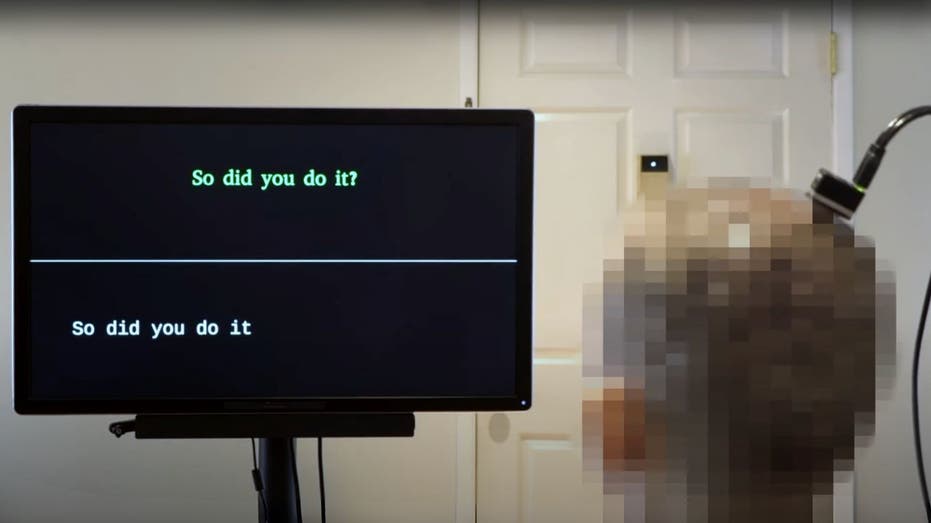AI Technology Restores Natural Speech for Paralyzed Individuals

Researchers in California have made remarkable strides in the field of assistive technology with the development of an AI-powered system that enables paralyzed individuals to regain their natural speech in real-time, using their own voices. This groundbreaking achievement was recently demonstrated through a clinical trial involving a participant who is severely paralyzed and unable to speak.
Innovative Collaboration: UC Berkeley and UC San Francisco
This cutting-edge technology is the result of collaborative efforts between teams at UC Berkeley and UC San Francisco. By integrating brain-computer interfaces (BCI) with advanced artificial intelligence, researchers have devised a method to decode neural activity and convert it into audible speech.
A Major Leap Forward in Speech Restoration
The AI system represents a significant advancement over previous attempts to generate speech from brain signals. Utilizing high-density electrode arrays that capture neural activity directly from the brain’s surface, the system also employs microelectrodes that penetrate the brain and non-invasive electromyography sensors placed on the face to monitor muscle activity.
Understanding Neural Signals
The neuroprosthesis gathers neural data from the brain’s motor cortex, the region responsible for speech production. According to Cheol Jun Cho, a co-lead author of the study, the device intercepts signals during the translation of thoughts into articulation, effectively bridging the gap between intention and motor control.
Overcoming Challenges in Speech Output
One of the primary obstacles faced by researchers was the challenge of mapping neural data to speech output for patients who had lost all vocalization abilities. To address this, the team utilized a pre-trained text-to-speech model alongside recordings of the patient’s pre-injury voice to reconstruct missing elements of speech.
Transforming Lives: Communication for Those with ALS and Paralysis
This revolutionary technology has the potential to drastically enhance the quality of life for individuals with paralysis, including those suffering from conditions like ALS. By enabling these individuals to express their needs, convey complex thoughts, and engage with loved ones in a more natural way, the system offers a new avenue for communication.
Advancing BCI Technology for Real-World Applications
UCSF neurosurgeon Edward Chang expressed excitement about the rapid advancements in AI that are propelling BCIs toward practical applications in everyday life. The next phase of development will focus on accelerating AI processing, enhancing the expressiveness of the synthesized voice, and incorporating variations in tone, pitch, and loudness.
A New Hope for Effective Communication
What sets this AI system apart is its unique ability to produce speech that is not only intelligible but also resembles the patient’s own voice. This innovation essentially grants individuals a chance to reclaim their voice, fostering renewed connections and hope for effective communication.
Public Engagement and Future Considerations
As this technology continues to evolve, discussions surrounding the role of government and regulatory bodies in overseeing the development and implementation of brain-computer interfaces become increasingly important. Individuals are encouraged to share their thoughts on these topics and engage with the ongoing conversation.
For more insights on technology and security alerts, consider subscribing to the CyberGuy Report Newsletter for the latest updates and tips.
Stay connected with Kurt and his team by following their social media channels for additional resources and information.
Copyright 2025 CyberGuy.com. All rights reserved.




